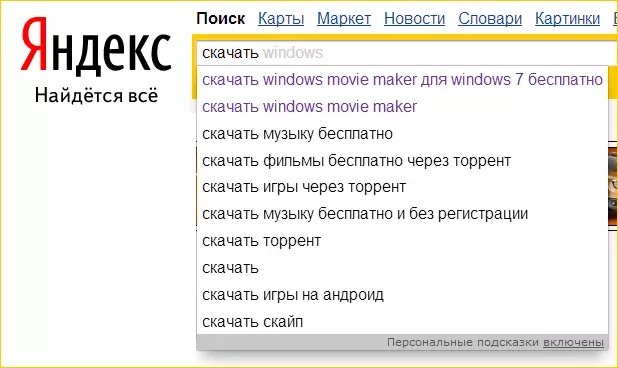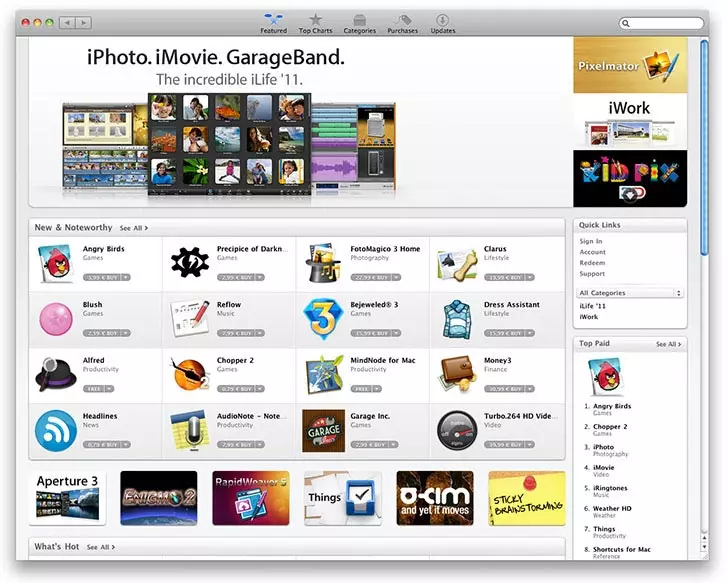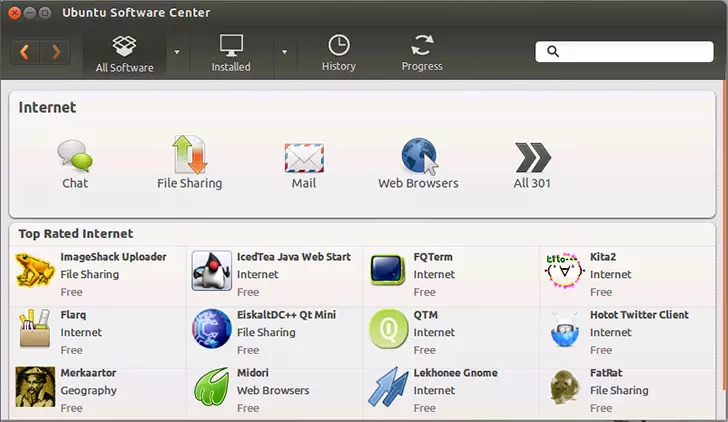
And if we talk about other operating systems? Are there any viruses on Apple Mac OS? On android and iOS mobile devices? Is it possible to grab a Trojan if you use Linux? I will briefly about all this in this article.
Why is there so many viruses on windows?
Not all malicious programs are aimed at work in Windows, but such majority. One of the main reasons for this is the widespread and popularity of this operating system, but this is not the only factor. From the very beginning of Windows development, security was not put at the head of the corner, such as in UNIX-like systems. And all the popular OS, with the exception of Windows, as its predecessor, are UNIX.
Currently, there is a pretty model of behavior in Windows in Windows, the programs are searched in various sources (often ungalled) on the Internet and are set, while other operating systems have their own centralized and relatively protected application stores. from which the installation of proven programs occurs.

So many install programs in Windows, from here many viruses
Yes, the application store also appeared in Windows 8 and 8.1, however, the most necessary and usual programs "For the desktop", the user continues to download from different sources.
Are there any viruses for Apple Mac OS X
As already mentioned, the main share of malicious software is developed for Windows and it cannot work on Mac. Despite the fact that Mac viruses are much less common, nevertheless, they exist. Infection can occur, for example, through the java plugin in the browser (that is why it is not included in the supply of the OS recently), when installing hacked programs and some other methods.
In the latest versions of the Mac OS X operating system, the Mac App Store is used to install applications. If the user needs a program, then it can find it in the app store and be sure that it does not contain a malicious code or viruses. Looking for some other sources on the Internet not necessarily.

In addition, the operating system includes technologies such as GateKeeper and XProtect, the first of which does not allow to run programs on Mac, not signed properly, and the second is an analogue of antivirus by checking the launched applications for viruses.
Thus, there are viruses for Mac, however, they appear much less frequently than for Windows and the likelihood of infection below, due to the use of other principles when installing programs.
Viruses for Android
Viruses and malicious programs for Android exist, as well as antiviruses for this mobile operating system. However, the fact that Android is largely protected by the platform. By default, you can install applications only from Google Play, moreover, the application store itself scans the programs for the presence of a viral code (recently).

Google Play - Android Apps Store
The user has the ability to disable the installation of programs only from Google Play and upload them from third-party sources, but when installing Android 4.2 and above will offer you to scan downloaded game or program.
In general, if you are not from those users who download cracked Android applications, and you use only Google Play for this, then you are largely protected. Similarly, relatively secure are Samsung, Opera and Amazon apps. In more detail on this topic, you can read the article need antivirus for Android.
IOS devices - whether viruses on iPhone and iPad
Apple IOS operating system is even more closed than Mac OS or Android. Thus, using the iPhone, iPod Touch or iPad and downloading applications from the Apple App Store the likelihood that you download the virus is almost equal to zero, due to the fact that this application store is much more demanding to developers and each program is checked manually.

In the summer of 2013, in the framework of the study (Georgia Institute of Technology) it was shown that it is possible to circumvent the verification process when publishing an application in the App Store and include malicious code. However, even if this will happen, immediately, Apple's vulnerability detection has the ability to delete all malicious programs on all user devices running Apple iOS. By the way, similar to this, Microsoft and Google can remotely uninstall the application installed from their stores.
Malicious programs for Linux
The creators of viruses do not particularly work in the direction of Linux OS, due to the fact that this operating system is used by a small number of users. In addition, Linux users are mostly more experienced than the average computer owner and most of the trivial methods for the spread of malicious programs with them simply will not work.
Just as in the above operating systems, to install programs in Linux, in most cases, a kind of application store is used - package manager, Ubuntu Software Center and Verified Stores of these applications. Starting viruses designed for Windows in Linux will not work, but even if you do this (in theory, you can) - they will not work and constitute harm.

Installing programs in Ubuntu Linux
But viruses for Linux are still there. The most difficult thing is to find them and infect, for this, at a minimum, it is required to download a program from an incomprehensible site (and the likelihood that the virus will be minimal in it) or receive an email and run it, confirming its intentions. In other words, this is as likely as African diseases when in the middle lane of Russia.
I think I was able to answer your questions about the presence of viruses for various platforms. I also note that if you have a Chromebook or a tablet with Windows RT - you, too, almost 100% protected from viruses (unless you start installing Chrome extensions not from the official source).
Watch your safety.
